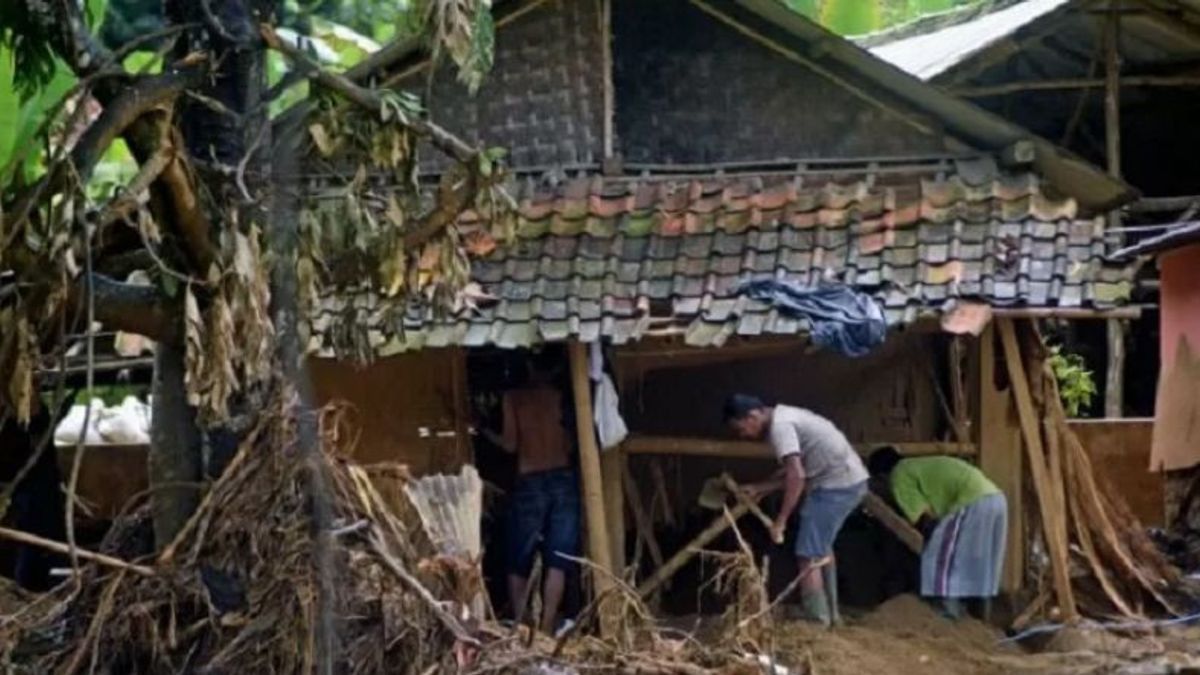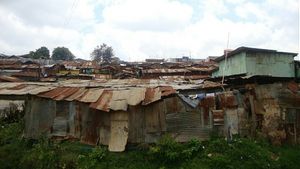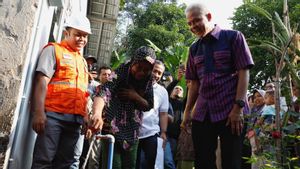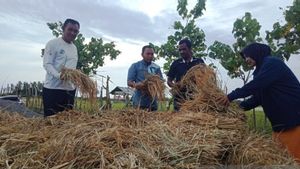JAKARTA - The Central Statistics Agency (BPS) of DKI Jakarta Province noted that the number of poor people in Jakarta in March 2023 decreased by 17,100 people from six months ago, namely in September 2022.
Acting Head of BPS DKI Jakarta Province, Dwi Paramita Dewi, explained that the current poverty rate is 4.4 percent and for the last six months it has fallen 0.17 percent. Then, the poverty rate also fell 0.09 percent compared to the beginning of the COVID-19 pandemic, namely March 2020.
"The number of poor people in March 2023 was 477.83 thousand people or a decrease of 17,100 people compared to September 2022. And when compared to March 2020, which was the beginning of the Covid-19 Pandemic, the number of poor people had decreased by 3,030 people," Dwi said in a statement quoted on Tuesday, July 18.
Dwi said that the reduction in poverty was motivated by the improvement in several macroeconomic indicators. In this period, Jakarta's economy grew by 3.43 percent and unemployment decreased by 13 thousand people.
He said this achievement could not be separated from the government's efforts to eradicate poverty. One of them is efforts to increase income, especially in the poor community.
"The data from Susenas March 2023 noted that 80.15 percent of the poor have gained access to social protection and security. This greatly eases the burden of consumption spending, especially in the poor," he said.
Furthermore, Dwi said the poverty line in Jakarta was Rp.792,515 per person and the average number of poor household members was 4-5 people (average 4.89).
Thus, the amount of costs that must be incurred to meet the needs of life for a month in each poor household is IDR 3,875,398 per month. Meanwhile, the education level of most poor people is not too high.
"This condition causes poor household heads to tend to work in informal sectors such as trade, individual services, and fisheries, especially in the Thousand Islands," explained Dwi.
اقرأ أيضا:
Thus, Dwi concluded that poor households still experience economic difficulties because of relatively small income but still have to bear 4-5 people.
"This figure is fairly high and makes it difficult for the poor to meet the needs of all household members and fight to get out of poverty," he added.
The English, Chinese, Japanese, Arabic, and French versions are automatically generated by the AI. So there may still be inaccuracies in translating, please always see Indonesian as our main language. (system supported by DigitalSiber.id)













